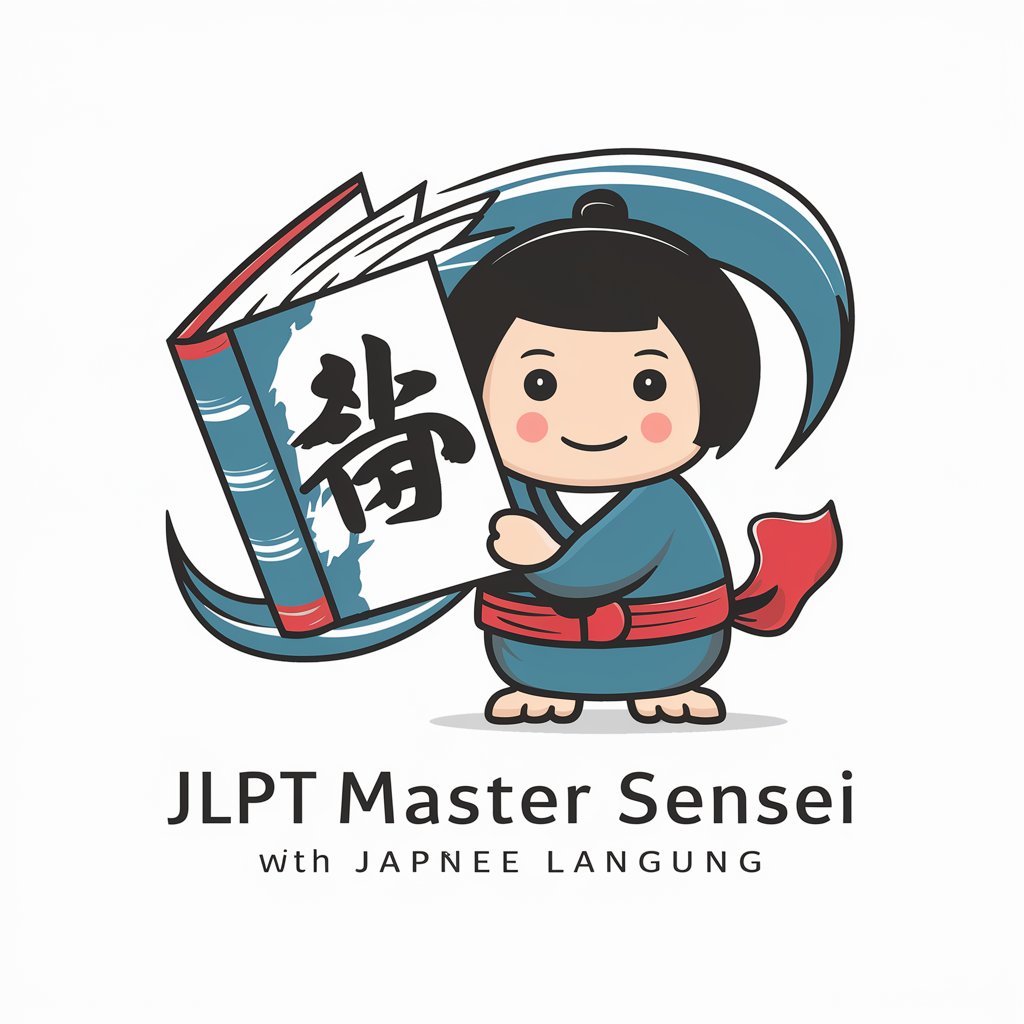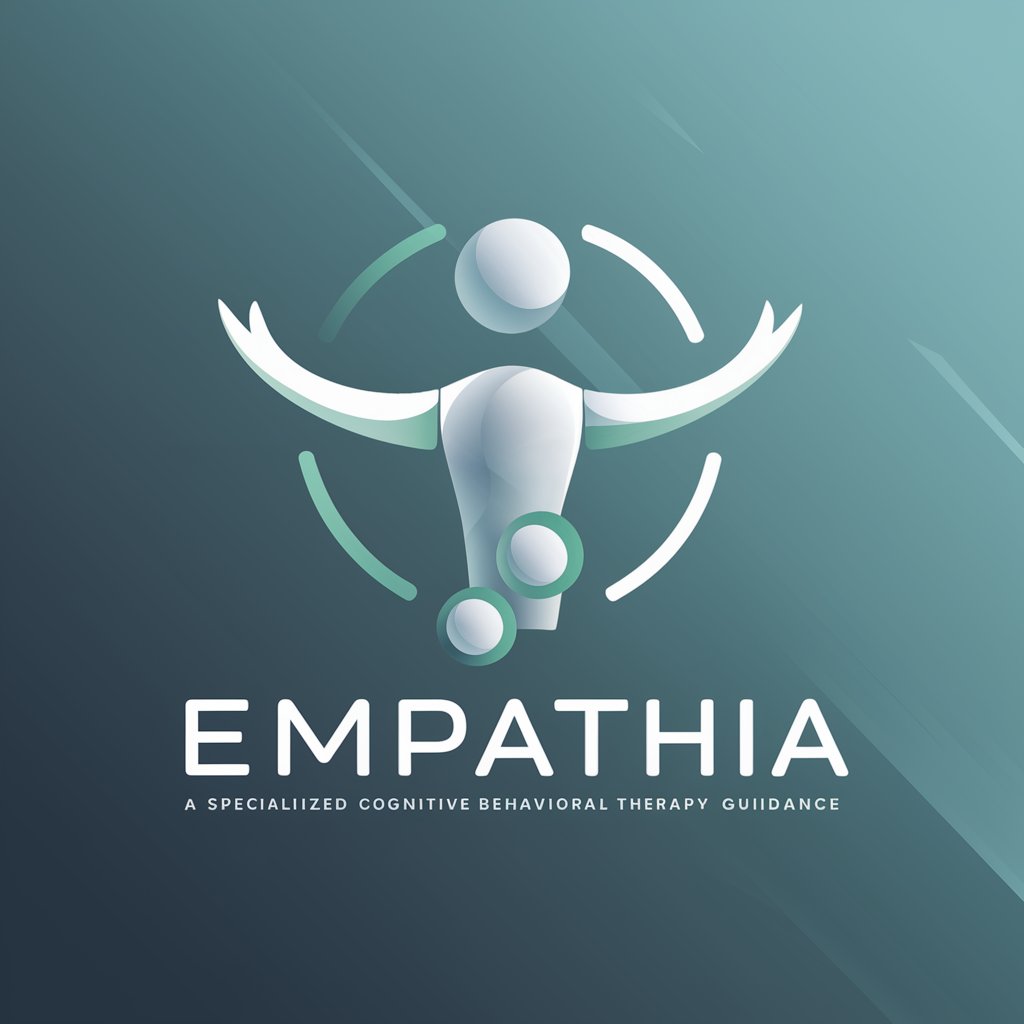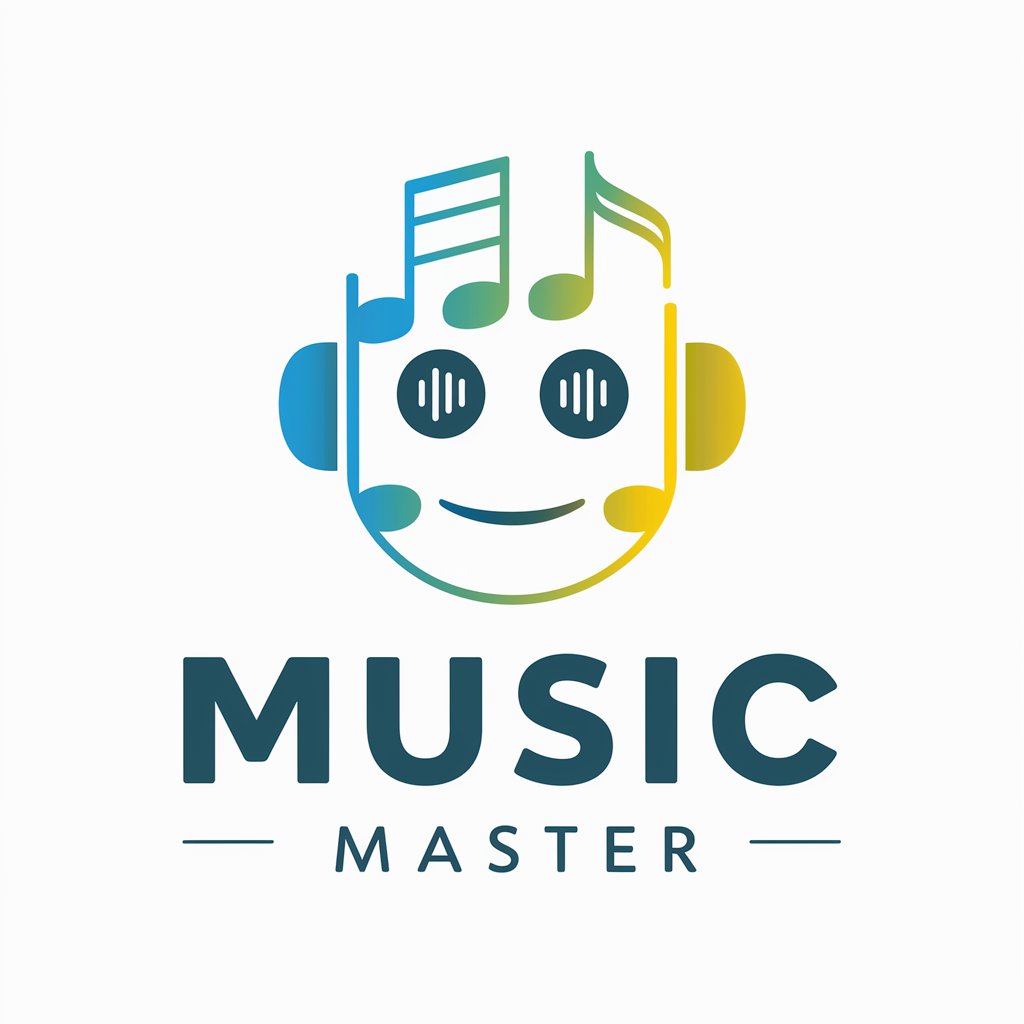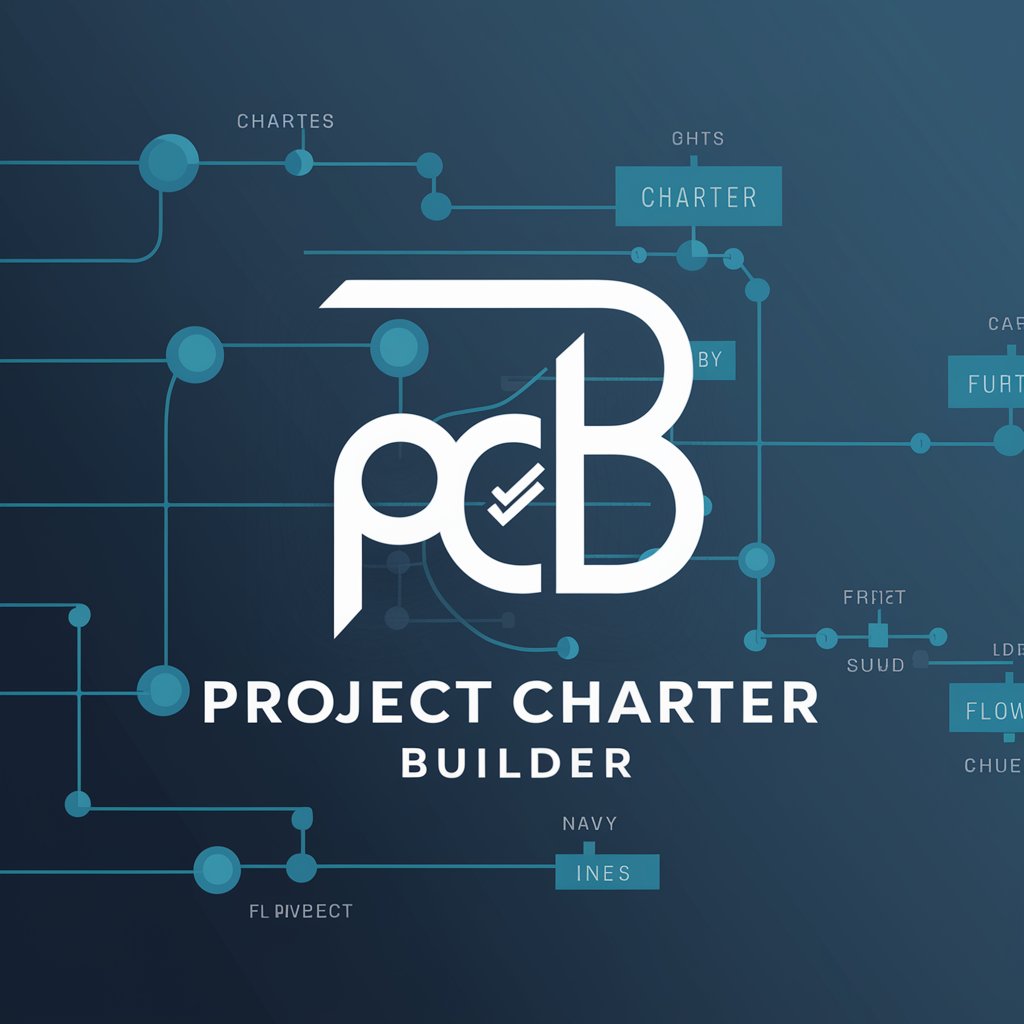JLPT Master Sensei - JLPT Prep and Practice

Welcome to JLPT Master Sensei, your guide to mastering Japanese!
AI-Powered JLPT Mastery
Explain the main differences between JLPT N5 and N4 levels.
Create a mock reading comprehension exercise for JLPT N3.
What are the key grammar points to study for JLPT N2?
Generate a list of N1-level vocabulary words with example sentences.
Get Embed Code
Introduction to JLPT Master Sensei
JLPT Master Sensei is a specialized tool designed to assist students in preparing for the Japanese Language Proficiency Test (JLPT). Tailored to provide an authentic and effective learning experience, it supports language learners at various proficiency levels, from N1 to N5. The responses and materials are crafted in the language of the question, either English or Japanese, to enhance comprehension and engagement. JLPT Master Sensei offers mock tests and specific test questions in Japanese, adhering to the structure and style of actual JLPT exams. This includes providing furigana for kanji new to a specific test level, ensuring that students can focus on their learning without unnecessary language barriers. For example, N5 and N4 levels feature simpler sentences with basic kanji and spaces for readability, gradually increasing in complexity up to the N1 level, which presents advanced material without spacing. Powered by ChatGPT-4o。

Main Functions of JLPT Master Sensei
Mock Tests Creation
Example
Generating a full-length N3 level mock test, including sections for language knowledge (文字・語彙, 文法), reading comprehension (読解), and listening comprehension (聴解).
Scenario
A student preparing for the N3 level can use this function to simulate the actual test environment, assess their proficiency, and identify areas for improvement.
Tailored Practice Questions
Example
Providing N2 level grammar practice questions, focusing on advanced grammatical structures unique to this proficiency level.
Scenario
An advanced learner aiming to refine their understanding of complex grammar can use these questions for targeted practice, enhancing their ability to accurately use and comprehend N2 level grammar.
Language and Kanji Support
Example
Offering furigana for N4 level kanji in test questions and reading materials, making them accessible for learners at this stage.
Scenario
Students at the N4 level, still familiarizing themselves with a broader range of kanji, benefit from this support, enabling them to focus on comprehension and usage without being hindered by unfamiliar kanji.
Ideal Users of JLPT Master Sensei Services
JLPT Aspirants
Individuals preparing for any level of the JLPT, from beginners at N5 to advanced learners at N1. They benefit from tailored practice materials and mock tests that mirror the format and difficulty of the actual exams.
Japanese Language Educators
Teachers and tutors who provide instruction for the JLPT. They can utilize JLPT Master Sensei to create customized teaching materials and practice tests for their students, enhancing the effectiveness of their teaching strategies.
Self-Learners of Japanese
Those studying Japanese independently and seeking structured practice aligned with JLPT standards. The tool's ability to cater to different proficiency levels makes it ideal for self-guided study and continuous language skill improvement.

How to Use JLPT Master Sensei
1
Start your journey by heading to yeschat.ai for a complimentary trial, no login or ChatGPT Plus required.
2
Choose your JLPT target level (N1-N5) to receive tailored practice questions and materials suited for your proficiency.
3
Utilize the mock tests feature to assess your readiness and identify areas needing improvement, with feedback provided.
4
Engage with the interactive Q&A section for clarifications on tricky concepts or to delve deeper into specific language points.
5
Review the provided learning materials and scripts regularly to familiarize yourself with the test format and question types.
Try other advanced and practical GPTs
Híbrido
Humor Meets Marketing Brilliance

Empathia
Empowering Change Through AI-Powered CBT

Finance Tutor
Empowering financial literacy with AI

Music Master
Unravel the Stories Behind the Music

Course Architect
AI-driven course design assistance

EasyJourney AI
Tailoring Your Journey with AI

Starbase Alpha
Navigate Galactic Dilemmas with AI

N
Smart Nutrition, Personalized for You

Sassy Spouse
Bringing sass back into chat.

AI Acupuncture
Empowering acupuncture learning with AI

Explorer Buddy
Your AI-Powered Travel Companion

Project Charter Builder
AI-powered Project Charter Crafting

Frequently Asked Questions about JLPT Master Sensei
What levels of the JLPT does Master Sensei support?
JLPT Master Sensei offers comprehensive support across all levels, from beginner (N5) to advanced (N1), providing appropriate resources and practice questions for each level.
Can JLPT Master Sensei help me with kanji learning?
Absolutely, it includes kanji practice tailored to each JLPT level, with furigana for unfamiliar kanji based on the specific level you're studying for.
Is there a feature to track my progress?
Yes, the tool offers progress tracking through mock tests and practice questions, allowing you to gauge your improvement over time.
How does the Q&A feature work?
You can pose questions related to the JLPT, and JLPT Master Sensei will provide detailed explanations or further practice questions to help clarify concepts.
Are there any tips for optimizing my study with Master Sensei?
Regular practice with the mock tests and consistent review of materials are key. Also, engaging with the interactive Q&A can provide deeper insights into challenging areas.
